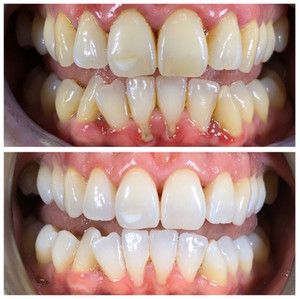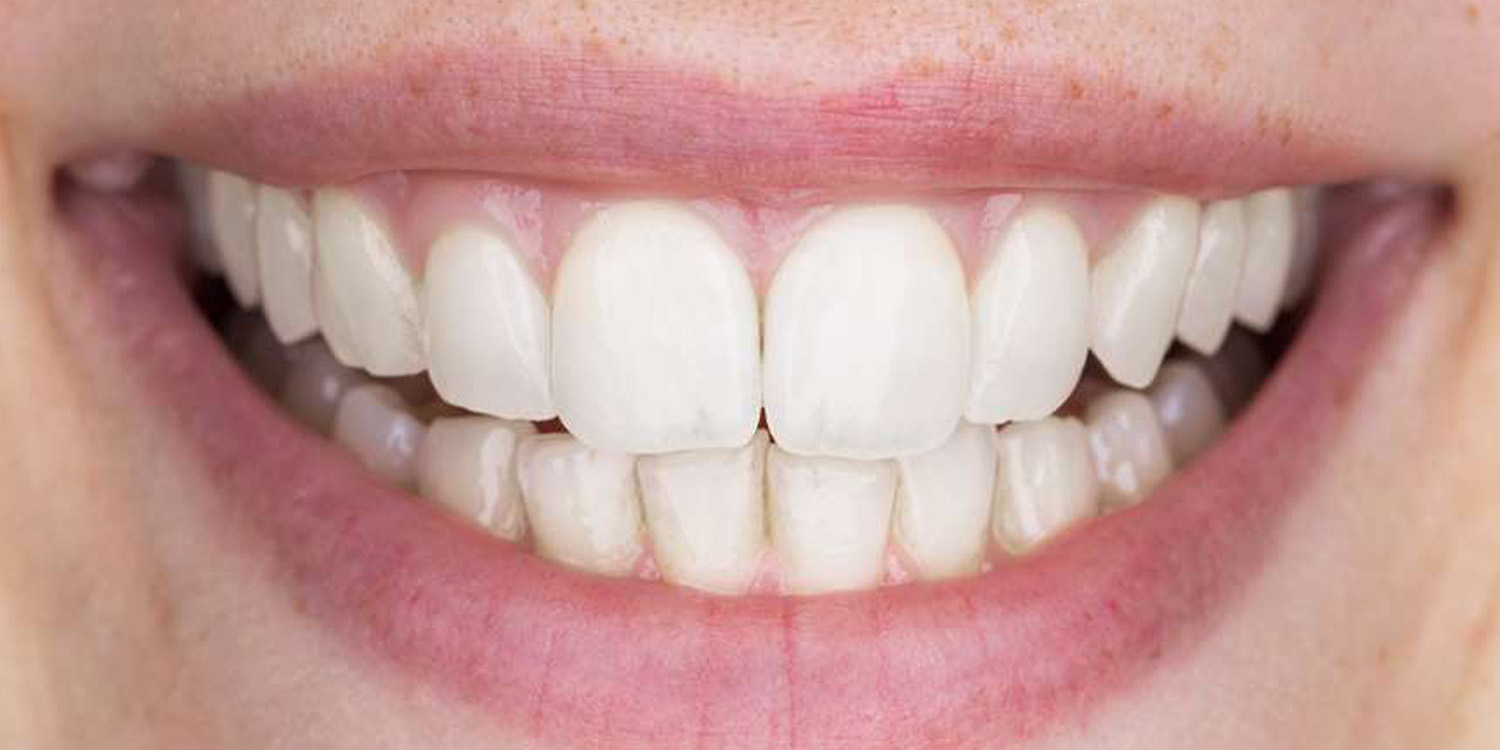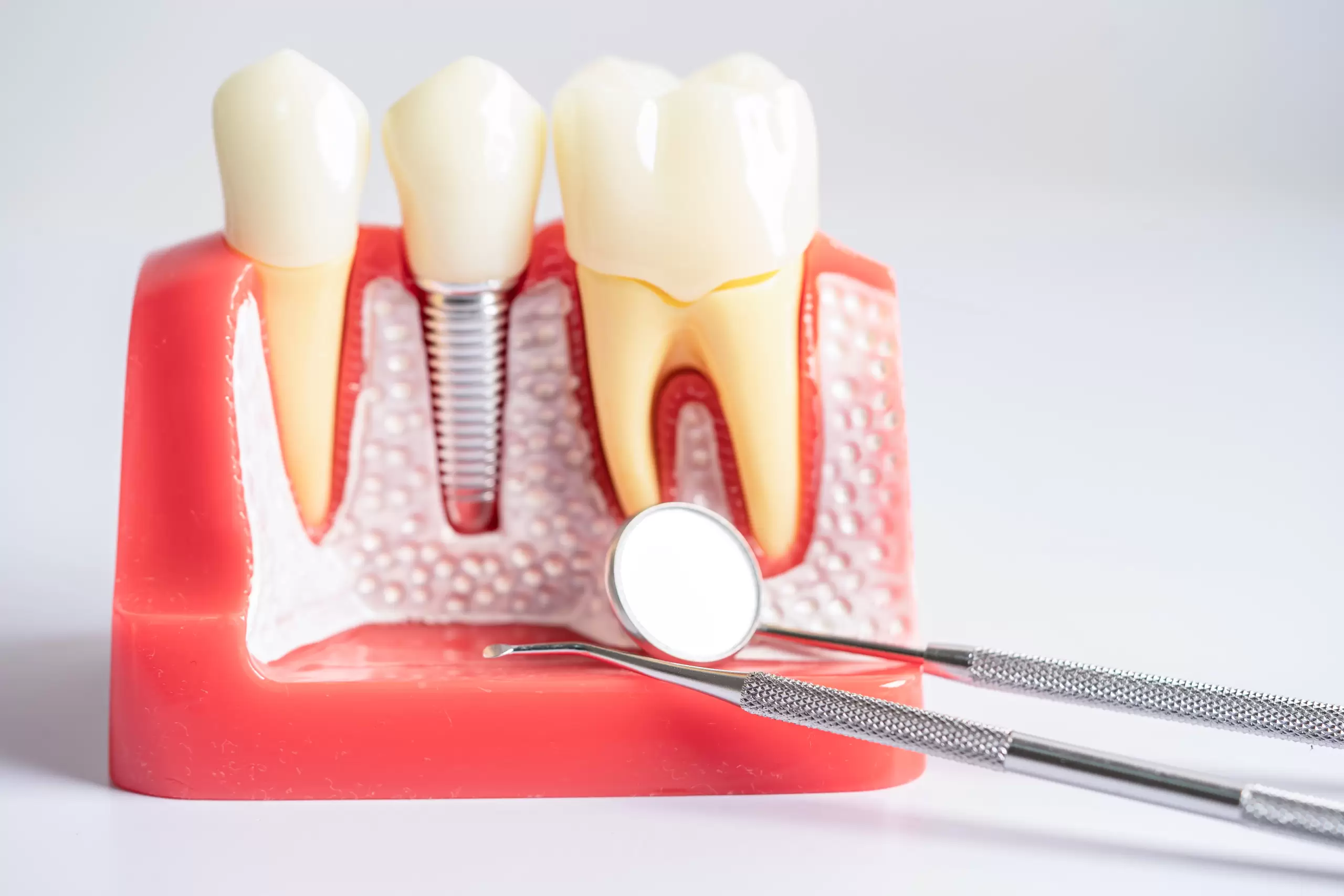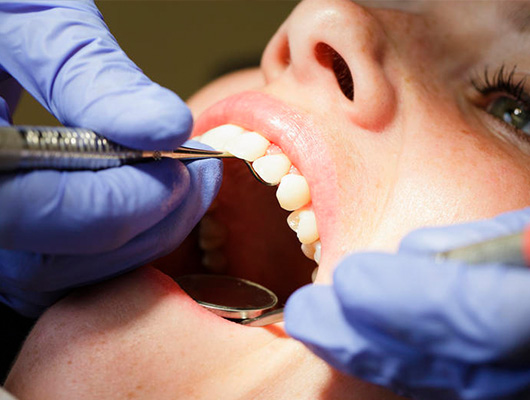OVERVIEW
There are a virtual plethora of advantages that come from having healthy teeth and gums. From that feeling you get when you smile and your teeth are beautiful and white, to the knowledge that comes knowing that you can eat a variety of different food products without the worry of constant pain.
We understand the importance of healthy teeth and thanks to our years of knowledge and experience, you can be sure that a visit to the dental hygienist therapist in Crewe will be a positive one.
Healthy Gums
There’s nothing worse than having a mouth full of cavities. Not only can it be unsightly, leaving you with confidence issues, but it can also be a real strain on your happiness as you are reminded every time you eat or smile.
As such, we believe that prevention is always a far better alternative than a cure and that’s why we work hard to provide a variety of different services and treatments that will keep your teeth and gums healthy, and leaving you with a smile you’ll be proud of.
A Beautiful Smile
Gum disease is responsible for greater loss of teeth than tooth decay. That’s why it’s vitally important to care for your teeth, and that is where a hygienist comes in. Brushing every morning and evening will go a long way to keeping your teeth and gums healthy. However a dental hygienist can clean and polish them to a standard that will leave your teeth healthy, and you feeling on top of the world.
As a well-established dentist, our first objective is to help you keep your teeth and gums in perfect condition. So why wait, our reception is only a phone call away and we’re waiting to answer all of your questions and help you keep your beautiful smile. So feel free to get in touch and see which one of our hygienist services will best suit you.
APPOINTMENT INFORMATION
Our hygienist appointments take 20 minutes, which is virtually no time at all compared to how beneficial it can be.
During the appointment your teeth receive a thorough clean, using more detailed techniques than you can do at home, to remove dental plaque, calculus and other surface deposits. We will also give you some easy to follow advice on how you can keep your teeth clean for longer, so to preserve their natural whiteness and avoid dark stains like nicotine and coffee.


PRICING
Hygienist Visit 20 minutes: £63.00
Perio-Chip – Hygienist: £52.00
Or enquire about financial options with our team.
Frequently Asked Questions
How can I remove staining from my teeth?
Teeth stains have many causes; oral care, food & drink or even medical treatments. Fortunately, there are many treatment options for teeth stains. As well as brushing and flossing twice a day, you should visit a dentist at least twice a year for a check up and hygienist clean.
Plaque? Tartar? Calculus? What does this all mean?
Plaque is a build-up of bacteria in a film on your teeth. Being a film, its soft and is easily removed by toothbrush and floss. Calculus and tartar are the same things, hardened plaque becomes calculus. Calculus is the yellow or brown staining you see on your teeth, typically between the bottom front teeth and along the gums. Once calculus is formed, it’s no longer possible to clean it off by yourself, and you will need to have your teeth professionally cleaned by a Hygienist.
How often should I see a hygienist?
The right answer for you as an individual depends on your dental health, but as a general rule, you should see the dental hygienist every six months.
Gum Disease Treatments + Prevention Programmes
Gum disease (Gingivitis and Periodontal Disease) begins with bacterial growth in your mouth and may end if it is not properly treated, with tooth loss due to destruction of the tissue that surrounds your teeth.
Gingivitis is gum inflammation that will occur before periodontitis. Most people get gingivitis at some point in their lives, but its mild symptoms make it easy to ignore and without treatment, it can cause many issues. Luckily, gingivitis is easily reversible by brushing your teeth, flossing, and having regular dental cleanings and checkups.
If gingivitis remains untreated, a person with periodontitis has much more serious issues. The inner layer of the gum and bone pull away from the teeth and form pockets. These small spaces between teeth and gums collect debris and can become infected. The body’s immune system fights the bacteria as the plaque spreads and grows below the gum line.
Toxins produced by the bacteria in plaque, as well as the body’s “good” enzymes involved in fighting infections, start to break down the bone and connective tissue that hold teeth in place. Thereby, tooth loss can occur. Gum disease is the main cause of tooth loss in adults.
Some symptoms of gum disease to watch out for are:
– Gums that bleed during brushing
– Receding gums
– Bad breath or a persistent bad taste
– Red, swollen gums. Healthy gums should be pink and firm
– Loose or shifting teeth
APPOINTMENT INFORMATION
The goals of gum disease treatment are to promote reattachment of healthy gums to teeth, this means to reduce swelling and reduce the depth of pockets. This, therefore, reduces the risk of infection and stops the disease from progressing.
Treatment options depend on the stage of disease, how you may have responded to earlier treatments and your overall health. Options range from nonsurgical therapies that control bacterial growth, to surgery to restore supportive tissues.
Nonsurgical treatments can include professional dental cleaning, and also scaling and root planing. Surgical treatments can include flap surgery/pocket reduction surgery, bone grafts and guided tissue regeneration.
If you have any concerns about gum disease or your overall oral health, don’t hesitate to book a check-up and chat with one of our experienced dentists.


PRICING
Hygienist appointment: £63 for 20 minutes
Additional charges for longer appointments
Frequently Asked Questions
Apart from plaque build-up, what else can cause gum disease?
There are a few less common and known causes that bring about gum disease. These include hormonal changes, illness and certain medications, all of which can make your gums more sensitive and prone to gingivitis.
A family history of dental disease can also be a factor to be aware of. Smoking can also make it harder for gum tissue to repair itself.
I brush my teeth twice a day, but what else can I do to help prevent gum disease?
As well as brushing and flossing every day, there are many lifestyle changes that can reduce the risk of gum disease. These include; quitting smoking, reducing stress when possible, maintaining a balanced diet and avoiding clenching or grinding your teeth.
How is gum disease diagnosed at the dentist?
When you visit for a check-up/ clean, the dentist will be looking at your gums – if they bleed, are swollen or have any depth between the gum and the tooth. The dentist will also check for teeth movement and sensitivity. Your jawbone can also be looked at to help detect any breakdown of the bone surrounding your teeth.



